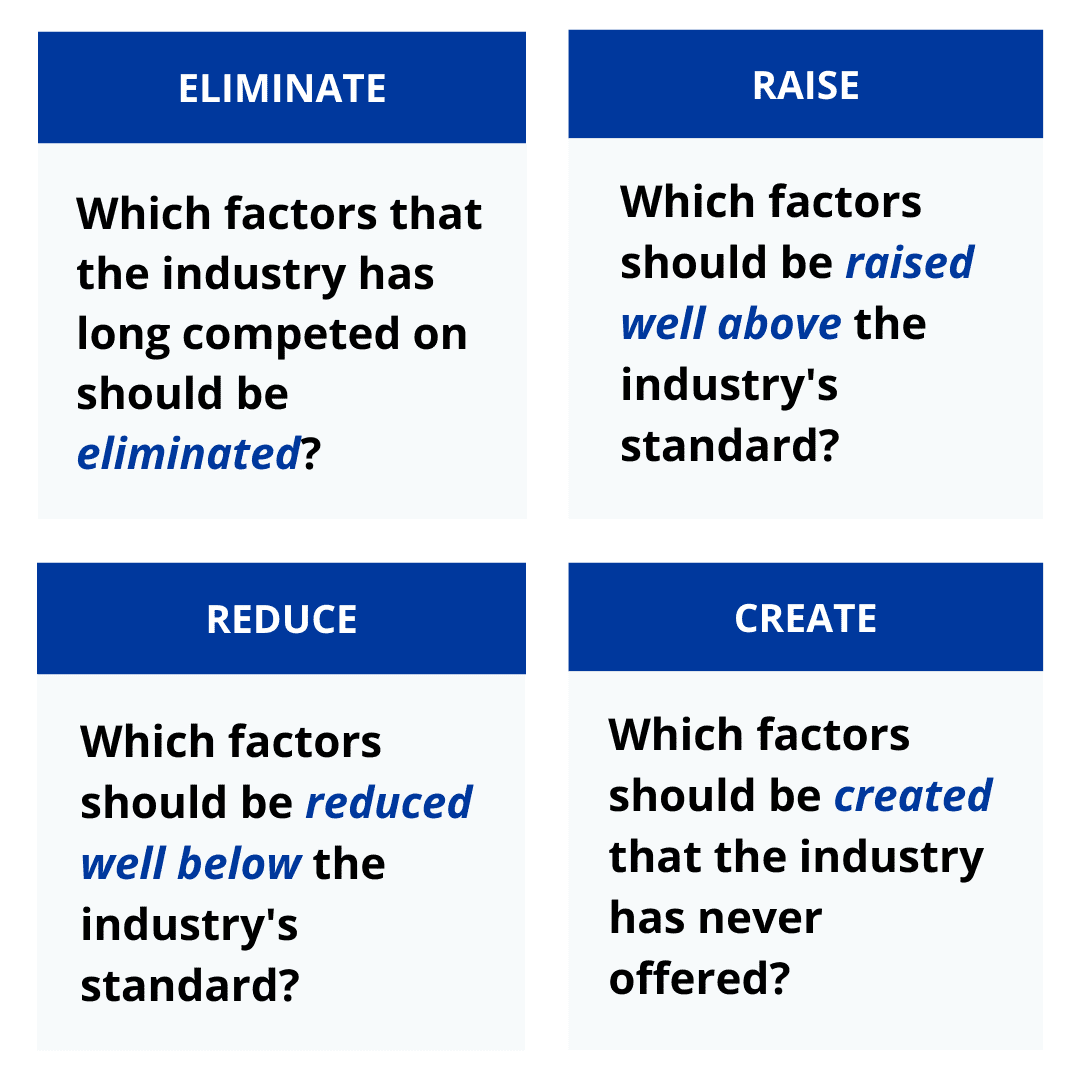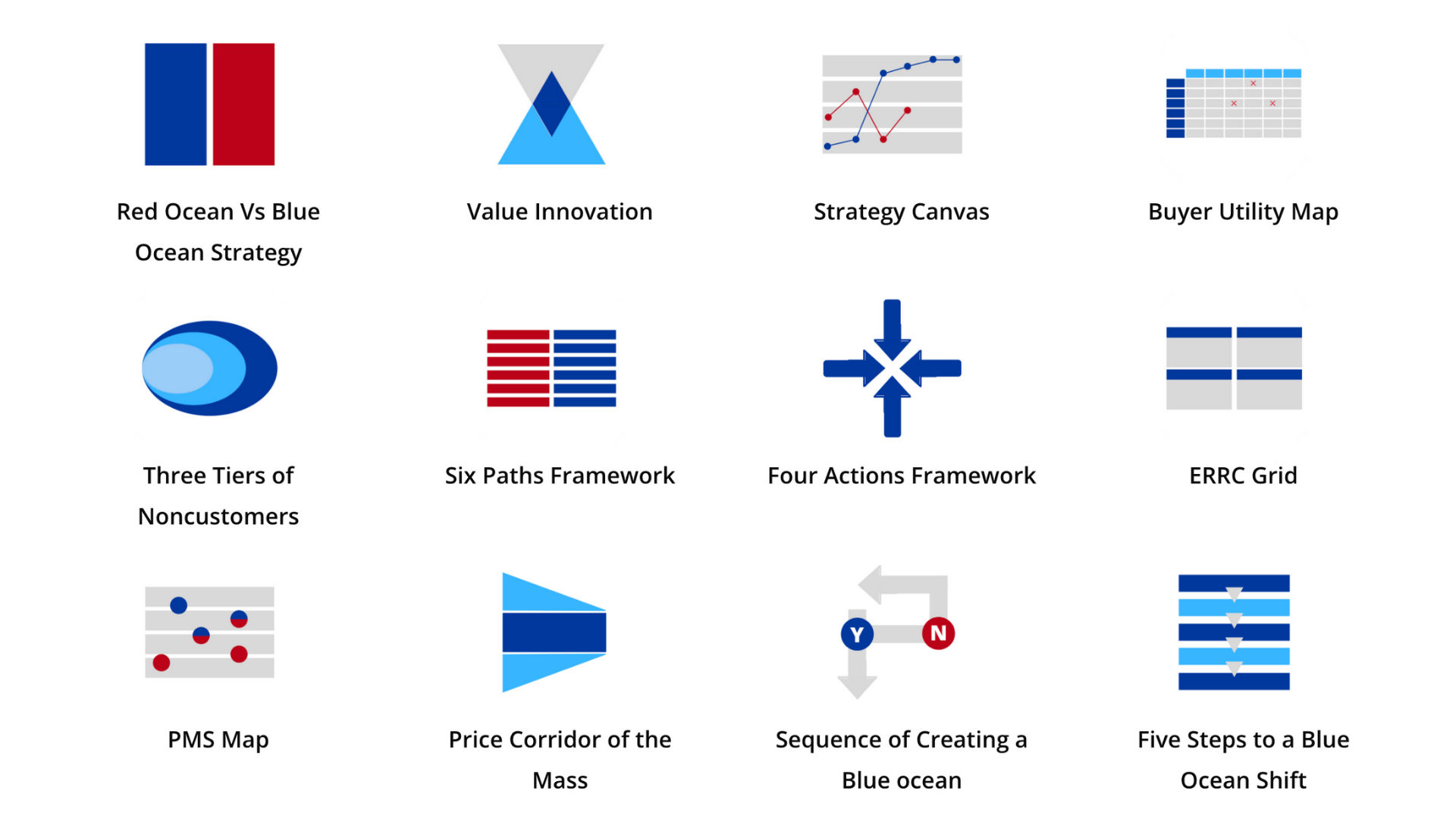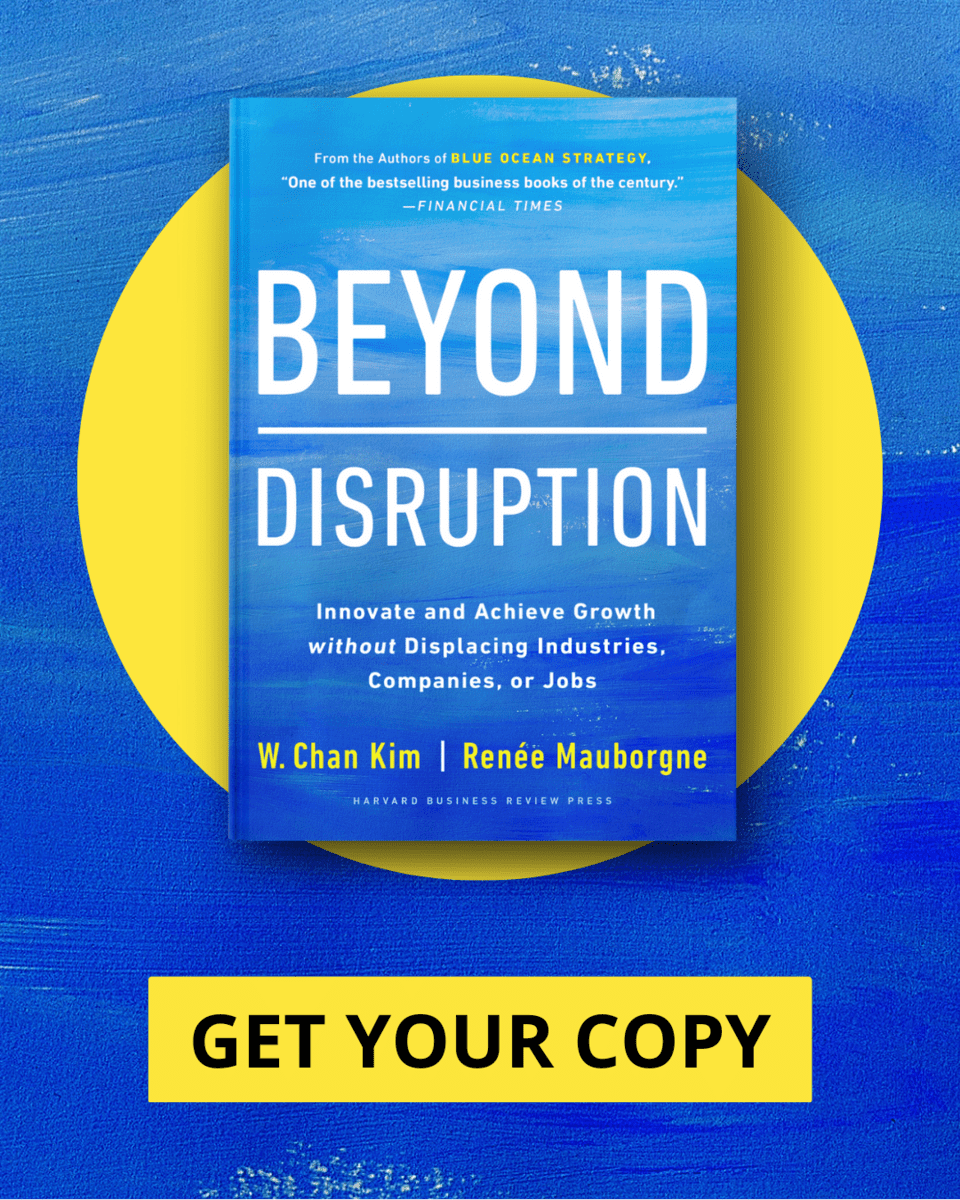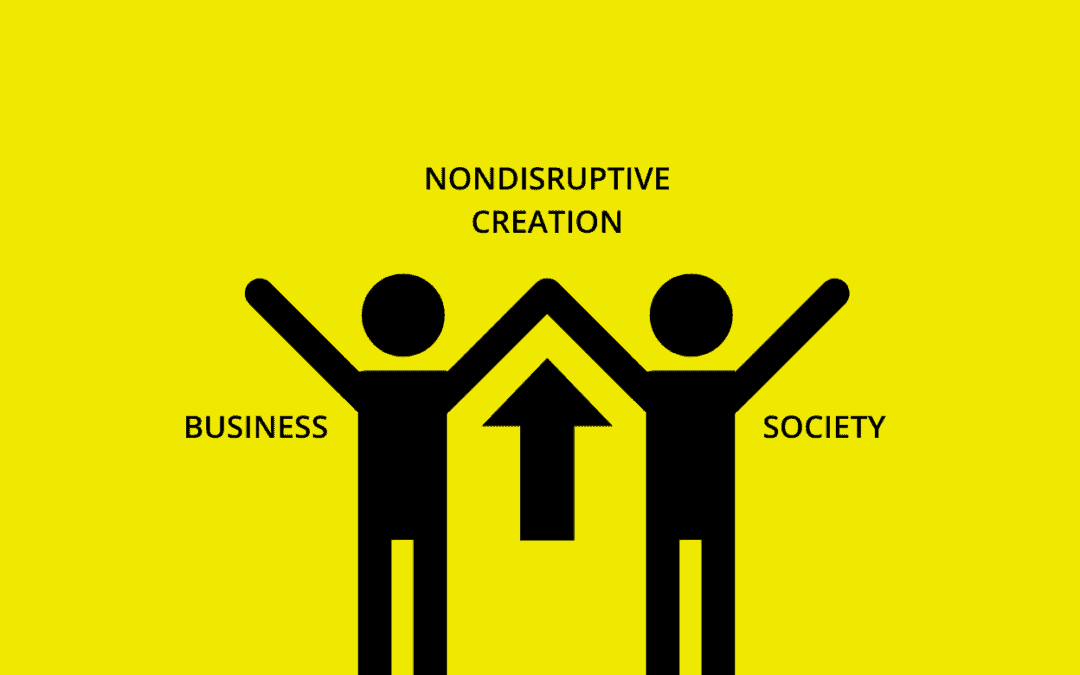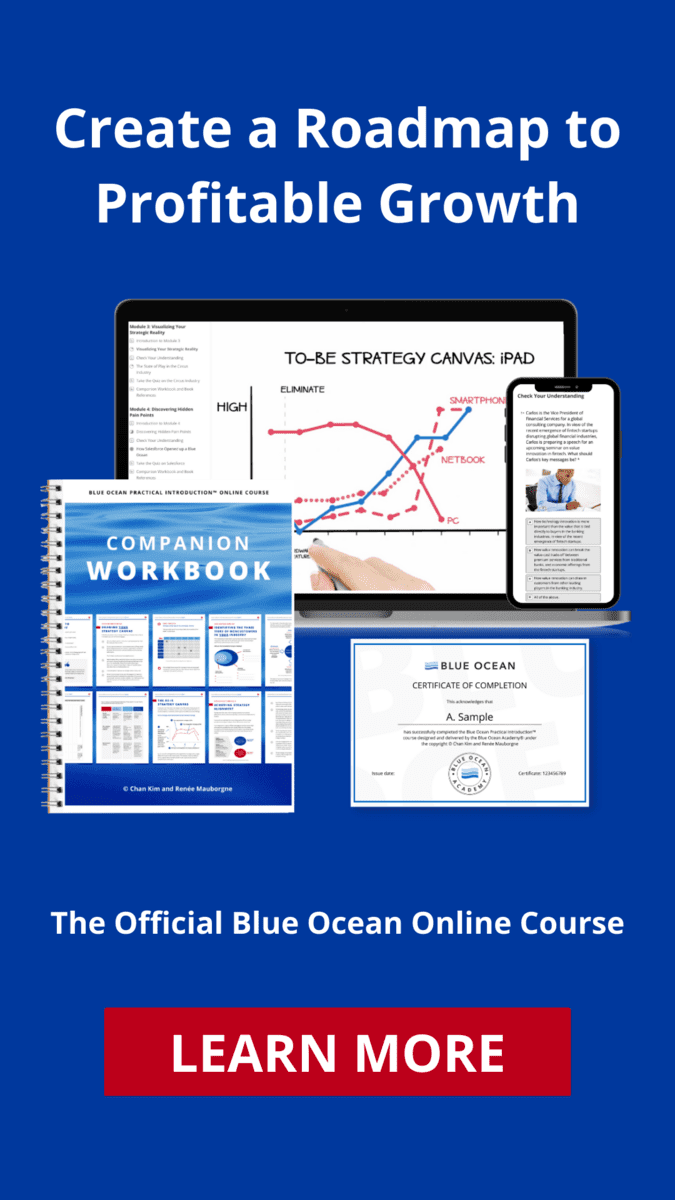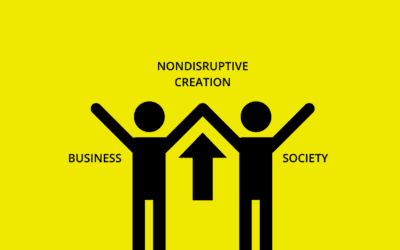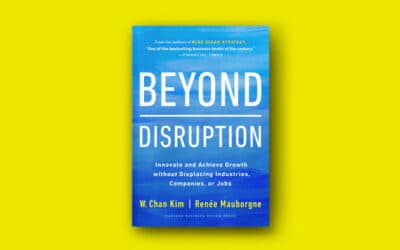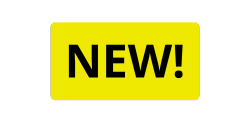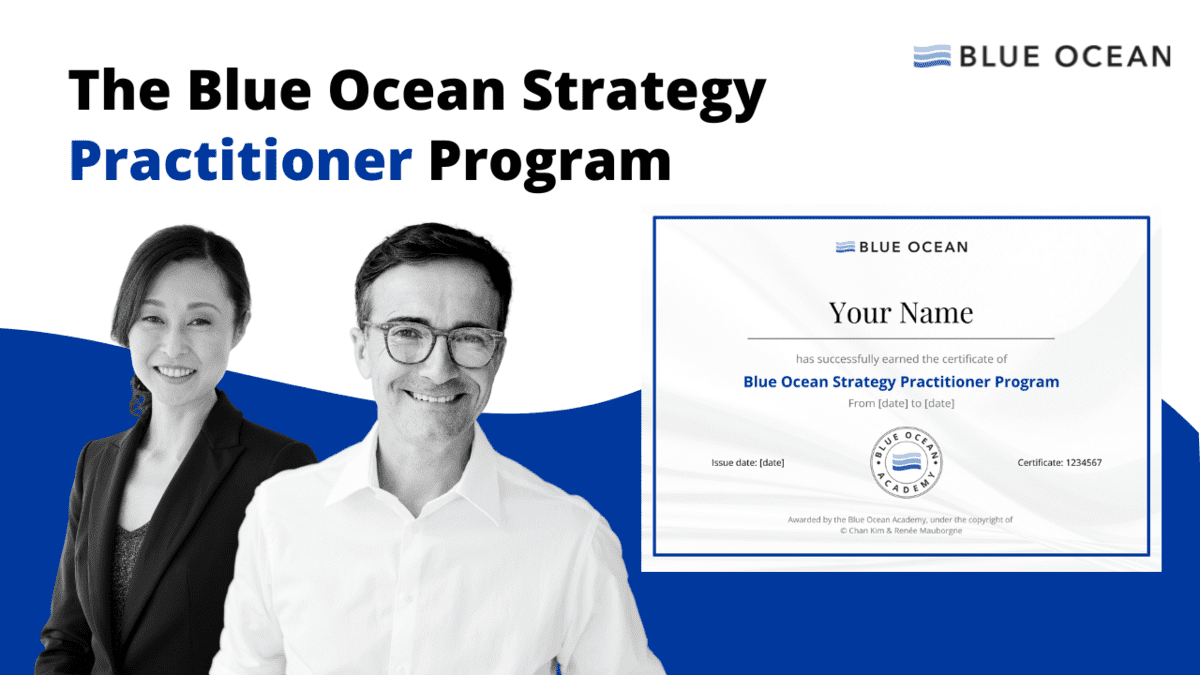Professional development goals are a crucial part of obtaining a successful and fulfilling career. As in all areas of our lives, it’s always a good idea to consider where you are now, what you want to accomplish next, and where you want to be in the future.
The ability to define and fulfill professional development goals is often what separates those who progress in their careers from those who are stuck. And we all get stuck sometimes. Maybe you’re stuck right now.
Consider your current job situation. Has the pandemic changed how you feel about your work? Are you satisfied with how things are going? Do you find yourself occupied with tasks that don’t make sense to you? Are you not doing the things that motivate and inspire you? Do you have a vision for where you’ll be in five years from now? What are your work goals now?
If you struggle to come up with responses that make you excited about the future, then you’re probably trapped in your career. In that case, now is the perfect time to set some new work goals that will help set you apart.
What are professional development goals?
Professional development goals are objectives you create for yourself that aim at advancing your career and enhancing your skills and talents in the workplace. You can set a variety of professional development goals to help you succeed at work, and the specific goals you choose should be based on your specific professional ambitions.
Learning new abilities, earning certifications, gaining more experience in a specific field, moving forward in your company, and pursuing any other career aspirations are all examples of professional development goals.
A Strategic Approach to Setting Professional Development Goals
We could simply list some examples of professional development goals here but at blue ocean strategy, we like to think a bit more, well, strategically.
So, let’s look at some examples of professional development goals using the Eliminate, Reduce, Raise and Create (ERRC) Grid, a blue ocean strategy tool developed by professors of strategy and world-renowned management thinkers, Chan Kim and Renée Mauborgne in their global bestsellers Blue Ocean Strategy and Blue Ocean Shift.
The ERRC grid is an analytical tool that focuses you simultaneously on what factors to eliminate and reduce, raise and create in pursuit of a blue ocean, an uncontested market space where the competition is made irrelevant. A brilliant tool for companies, it works just as well in other areas of life, such as identifying professional development goals for career advancement.
The ERRC Grid, © Chan Kim and Renée Mauborgne.
9 Examples of Professional Development Goals
What to eliminate
Is it time to put the brakes on your current career trajectory? Are you distracted at work by things that don’t matter? Here are two things you can consider eliminating to help you achieve your work goals.
1. Stop treading water
Let’s start with the big one – changing career. As far as examples of professional development goals go, they don’t come bigger than this.
Will you be a part of The Great Resignation phenomenon where people have left their jobs in droves after the COVID-19 pandemic? The global crisis has brought many challenges but also given people a chance to pause and reflect on their professional lives.
If, after the pandemic, the thought of another five years in your job fills you with dread, maybe it’s time to eliminate this career option. Why tread the same old waters when there’s a blue ocean of career opportunities out there to explore?
Consider looking for work elsewhere if you are unfulfilled by your current career and do not see any chances for interesting new opportunities in your company.
Changing jobs can help you earn more money, be more fulfilled and shine in the workplace. Rather than being a me-too in your current industry, you can stand out from the crowd in another industry by bringing a different set of skills and experience that would differentiate you from the rest of the people in the industry.
Even if you end up staying in your current job, looking across other industries for work is a useful exercise to get a sense of where you are in your career and to identify your strengths and weaknesses.
2. Stop wasting time
How often do you get to the end of the day and think, “Why didn’t I get more done? What was I doing all day?” If only you could eliminate distractions from your working life!
Learning how to properly manage your time will help you perform better at work. Switching off social media and other distractions enable you to get more done in less time, giving you more successes to brag about at the end of the day.
The best place to start is to track how much time you spend on different tasks and find places where you might save time. You may need to eliminate some of your existing time-sucking behaviors, such as checking your Twitter during work hours.
The good news is that, just as there are a thousand apps to distract you, there are plenty of apps to help us understand and track the way you use time and eliminate time-wasting distractions.
Make this one of your work goals and take the distraction out of your working day. Learn how to work smarter not harder to jump-start your career development.

Make one of your work goals to switch off social media.
What to reduce
Nobody has perfect emotional intelligence but taking steps to reduce negative thinking and stress can make a huge difference to your career aspirations.
3. Reduce negative thinking
We all have bad days, no matter how much we appreciate our employment — especially during these wild times.
It can happen for a variety of reasons: a nagging coworker, a project gone awry, your personal life causing you stress. Or it could simply be one of those days when you are in a bad mood for no apparent reason.
But persistent negative thinking is guaranteed to stifle your professional and personal ambitions. So, what can you do to reduce negative thoughts at work?
Start by paying attention to your thoughts rather than letting them carry you away. You can learn a lot about what is going on inside your head and what matters most to you by training the mind in this way and taking back control of your emotions. It’s not easy but there are lots of online resources to help you, including meditation and mind-training apps, courses, and more.
4. Decrease stress-related problems
In a similar vein to negative thinking, stress at work can be a major obstacle to career fulfillment. Bear in mind that stress is not something you can eliminate if you also plan to take on new challenges and reach new heights.
But allowing yourself to be overpowered by stress at work or in your personal life may negatively affect your productivity. As a result, the quality of your work may decrease.
Successful people don’t live in a stress-free environment. Instead, they know how to efficiently manage stressful conditions while still getting the work done.
The first step in learning how to handle stress is to identify your issues with coping with stress. You may focus on discovering the best solutions for addressing issues once you know what they are.
Research and experiment with a few different stress-management techniques until you find one that works best for you. Knowing how to deal with stress can make a huge difference in your life.
Learning how to think clearly in stressful situations is a work goal that will get you huge returns on your investment.

Learn to take back control of your emotions.
What to raise
Consider all the things you do already that you could improve on. Here are two professional development goals examples where you can raise your game.
5. Improve presentation and interpersonal skills
Working life today often entails attending lots of meetings, either online or in the office. At some point, during one of these sessions, you’ll be asked to give a presentation.
Improving your public speaking and presentation skills can make this a lot easier. It can also help you establish a reputation as a dynamic speaker who can hold an audience’s attention and persuade them to believe in the message you wish to convey.
Effective communication will benefit you in all aspects of your life, from professional to personal. You may relate successfully to your superiors, coworkers, customers, and clients with good communication, which expands the types of opportunities open to you.
Excellent interpersonal skills also enable you to engage and communicate with your team, as well as motivate and inspire them – a work goal that everyone can get on board with.
6. Build your professional network
Whether you like it or not, networking is essential for career advancement. Building and maintaining mutually beneficial working ties is the goal of networking. Your network provides you with a group of people with whom you may share ideas, seek advice, and receive support.
A strong network and solid networking abilities can help you raise your profile, establish a positive reputation, and open up a world of prospects. Make building your professional network one of your work goals.

Effective presentations skills will boost your career development.
What to create
Finally, here are some examples of professional development goals that you may not even have considered before, such as creating your own business, stepping into a leadership role, or learning a brand-new skill.
7. Start a business
You should consider starting your own business if you want to forge your own path and build something from the ground up. But, before you take the plunge, make sure you have the grit to withstand the ups and downs of entrepreneurship.
Running a successful business requires a long-term commitment to make sure you are physically and financially prepared to take the plunge.
While scrolling through social media feeds, you probably see many ‘digital nomads’ making it ‘big’. But remember that you’re only seeing a glimpse of their actual life and just the ones who have made it, not the countless others who fell at the first hurdle. We don’t recommend the ‘faking it till you make it’ as a strategy, which is not a strategy at all.
You also need the right mindset and tools. Don’t try to go up against big established players with huge financial and marketing resources. Instead, to grow your business you should focus on creating new markets. This means learning to shift from competing to creating and growing your business by offering unprecedented value to your buyers.
Are there any trends you observed that would require different solutions to brand new problems that might emerge post-pandemic?
8. Become a leader or thought leader
Taking on more managerial tasks at work can help you stand out and serve as a steppingstone into official leadership roles when the time comes.
Consult with your present boss to see where you can improve and what new responsibilities you may take on to demonstrate your leadership abilities.
Step up and take leadership when you perceive a vacuum that needs to be filled. This will help you improve your talents, gain much-needed recognition, and prepare you for a managerial role in the future.
For many, this is the professional development goal that tops the list, but for that reason, it’s also the one where you need to think differently to make your mark. Don’t just be another leader of disengaged employees. Be a blue ocean leader who can unleash the ocean of untapped talent and employee potential in your organization.
Or maybe you already have unique experience and knowledge that others would benefit from? Consider shaping your career towards becoming a thought leader. There are many opportunities in this field that are both lucrative and highly fulfilling. In the era of social media, it’s never been easier to use a public megaphone to spread your message.
Learn to think like a blue ocean strategist.
9. Learn a whole new way of thinking
Continuing your education is an excellent method to keep up with current information and developments in your field. It can also help you develop your skill set, learn new knowledge, and stand out in the workplace.
Many firms offer possibilities for their employees to further their knowledge through career development programs. Check with your company’s human resources department to determine if such programs are available.
Or why not stand out from the pack and learn to think like a blue ocean strategist? Blue ocean strategy offers a powerful methodology to help you be innovative systematically, differentiate yourself from the competition and create new market space.
Learn how to work smarter not harder, think differently, create value while simultaneously reducing your costs, and set yourself on the path to profitable growth.
Check out the Blue Ocean Sprint Online Course and get started today and make your resume stand out by earning your certificate of completion. This professional certificate will help to push you forward.
If there’s one professional development goal from this list that will help set you apart, this is it.
Learn how to create your career development plan to keep you on track achieving your professional development.


